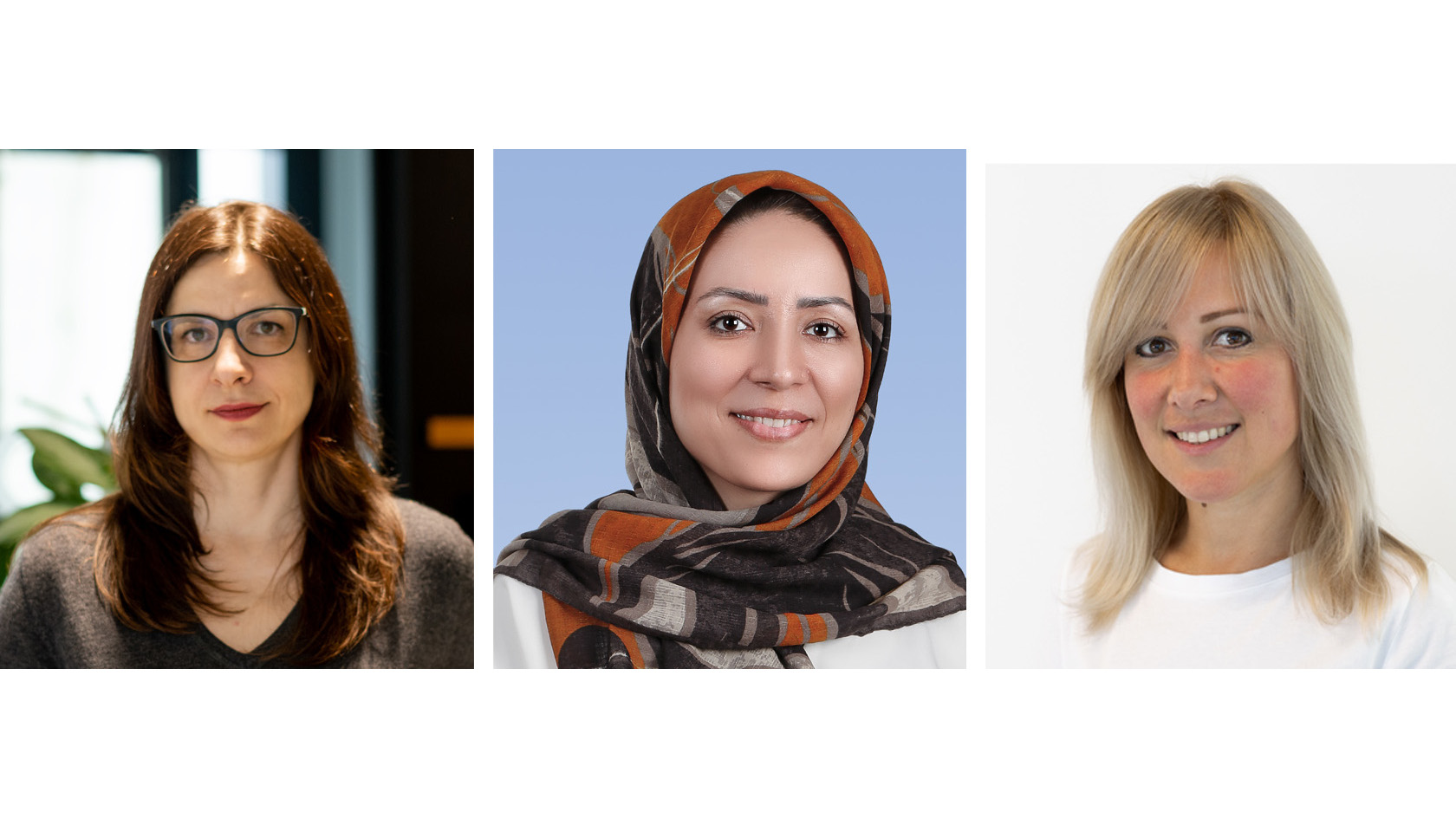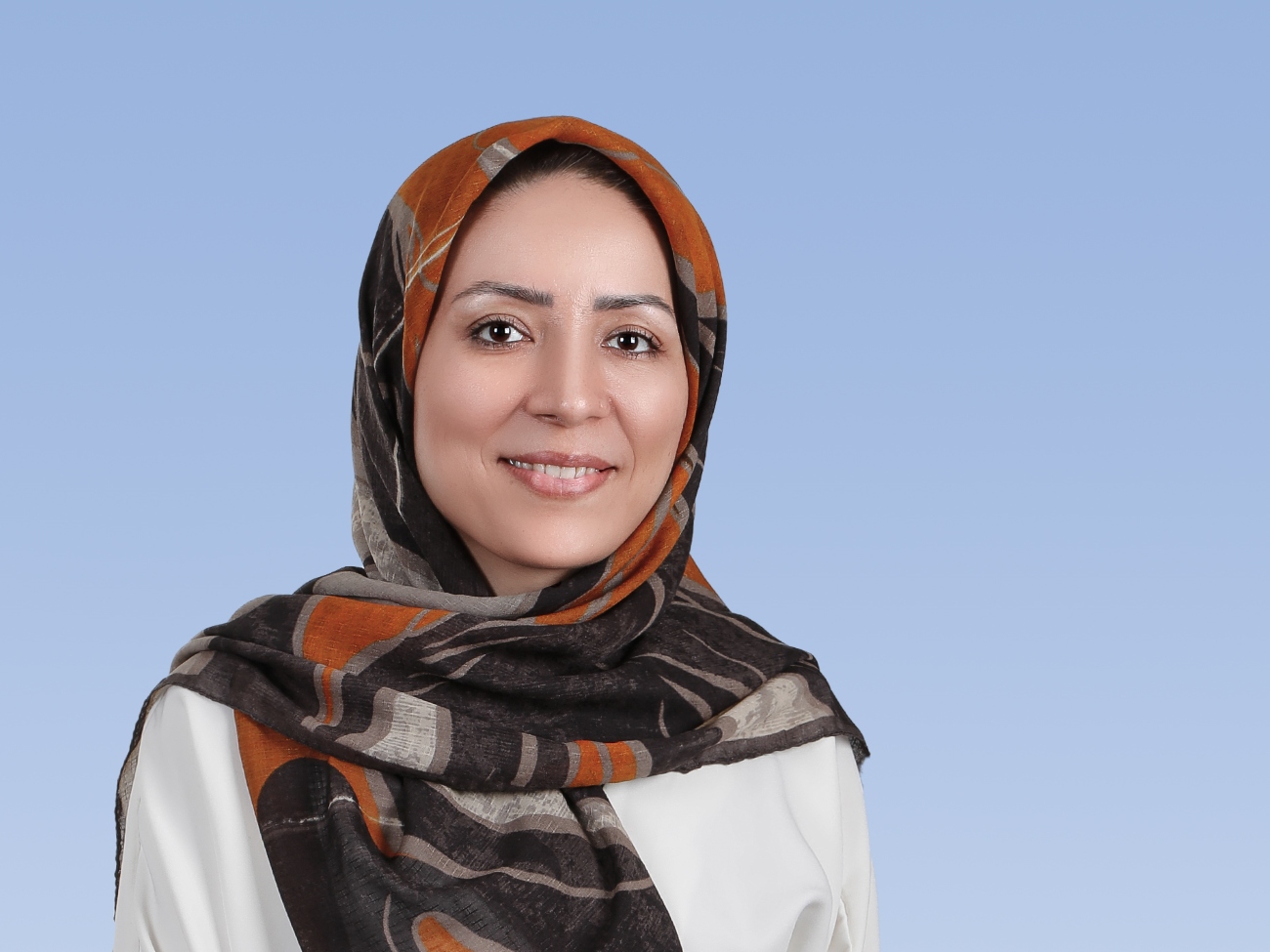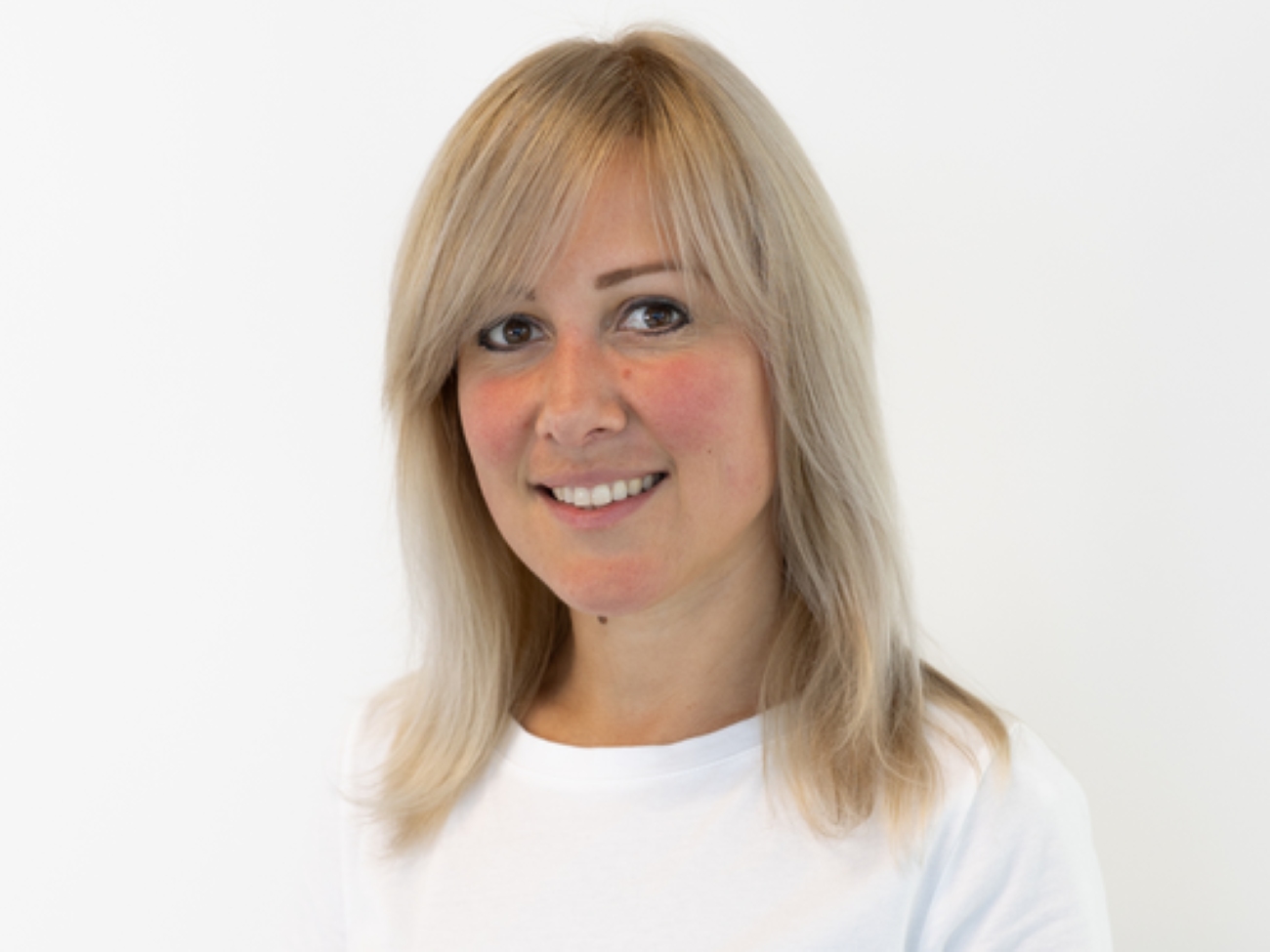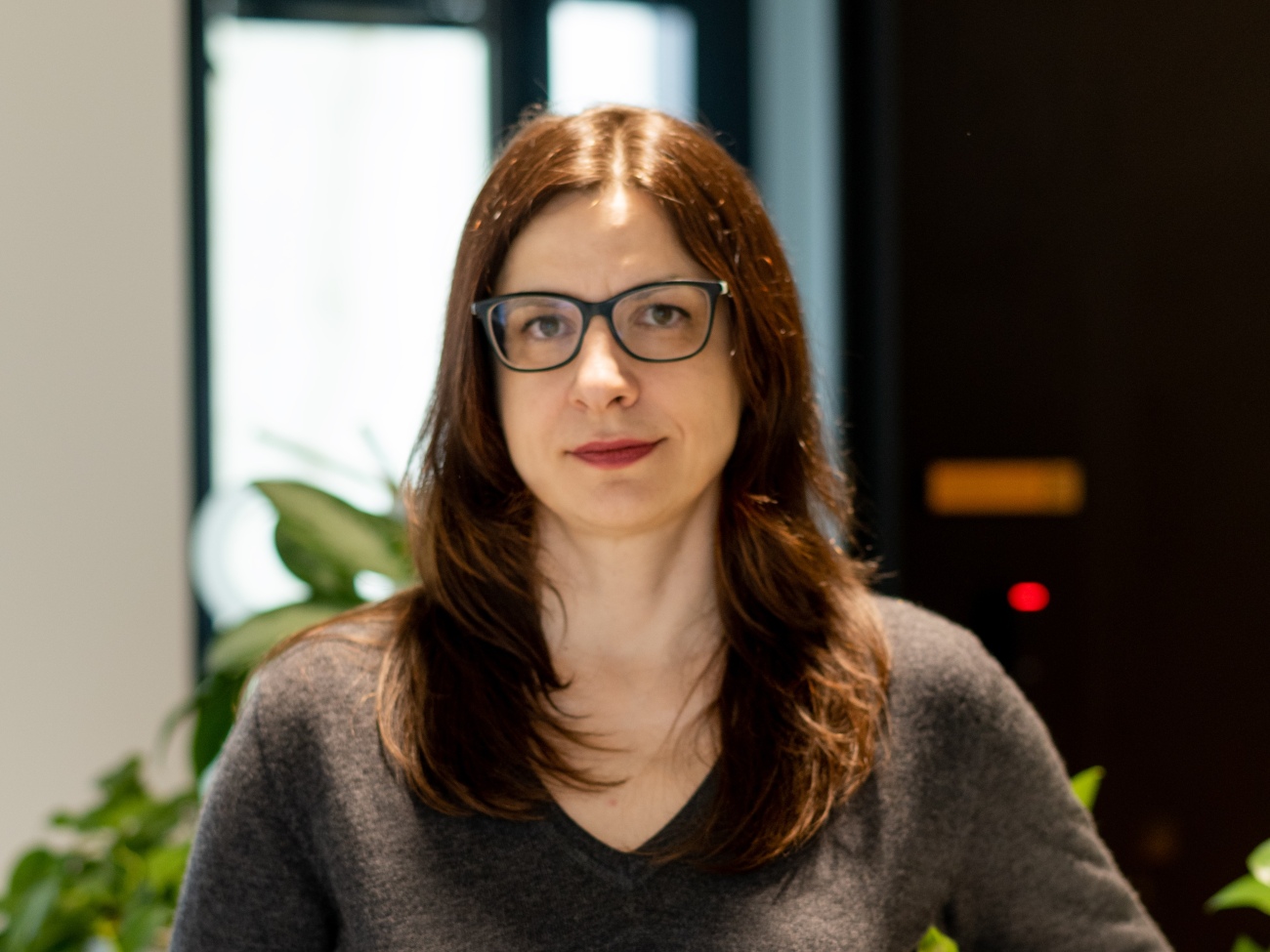
© privat
At-Risk. Adrift. Assisted.
How the university supports refugee and at-risk researchers
For many researchers from war-torn and crisis-stricken areas, a position at a foreign university is one of the few possibilities to build a secure future. Although funding programs make such research visits possible, the application processes are often complicated and increasingly competitive. The University of Bremen offers comprehensive support, from the application process to arrival in Germany, with the help of a dedicated staff member.
“On the first day the Taliban regime retook control, I was fired from my position in higher education – just because I am a woman. I had no choice but to leave Afghanistan,” reports chemist Marzia Wafaee. After four months under the reign of the Taliban, she relocated to Germany, unsure of how she and her family should build a new life.
Marzia Wafaee is now conducting research at the University of Bremen, currently supported by a Bridge Fellowship funded by the Humboldt Foundation’s Philipp Schwartz Initiative. She is one of several refugee researchers at the university, such as Maryna Stepura and Ala Pihalskaya. Each has a distinct path that brought them here and unique challenges they had to overcome along the way. The university has played a supportive role in addressing these obstacles.
There is one thing almost all researchers have in common, whether they fled the war in Ukraine or political repression in Turkey: They had to leave their country quickly and with little time to prepare for the university system of a foreign country. This is one reason why there are special funding programs to enable refugees to undertake research stays in Germany.
Marzia Wafaee

© privat
Fellowships for Refugees: High Demand, Limited Supply
Bremen State has its own scholarships – for example, the State Program for At-Risk Scholars. EU-financed programs such as MSCA4Ukraine and SAFE – Supporting at-risk researchers with fellowships in Europe are advertised as well. Additional offers are available from sponsors, such as the Philipp Schwartz Initiative for at-risk researchers, funded by the Alexander von Humboldt Foundation. Most fellowships finance research visits lasting somewhere between six months and two years. While the number of these funding programs has remained relatively steady in the last few years, the number of applications for said programs is steadily rising. In order to ensure these programs’ success, the application procedures have become more lengthy for both refugees and their host universities.
Since 2016, the University of Bremen has been involved in this area and has hosted eleven researchers with Philipp Schwartz Initiative funding. Kirsten Beta has been the central contact at the International Office of the University of Bremen for at-risk researchers and refugees who need support in coordinating and preparing their applications since March 2024.
University as Mediator Between Researchers and Mentors
Most researchers contact Kirsten Beta early on in their application process. They often have a concrete idea and then begin a focused search for a compatible academic mentor at the University of Bremen. All fellowships intend for refugees to have a mentor to guide them in their research collaboration. “Whether a funding application is successful depends not only on the academic qualification of the applicant, but also on whether there are suitable academic connecting points at the University of Bremen,” says Kirsten Beta.
Academic compatibility is not the only criteria at play. A significant number of application procedures mandate that the host university devise a hosting strategy. The idea is that the social and cultural environment at a university are as important as the academic environment in determining whether refugees feel at home. “Luckily, I can work closely on this with the Welcome Center, which supports international researchers in planning and carrying out research stays,” says Kirsten Beta. Employees of the Welcome Center in the University of Bremen’s International Office advise researchers on applying for visas, obtaining travel and health insurance, and searching for an apartment. When a researcher brings their family along to Bremen, the Welcome Center also supports their partner in finding a job and helps them with finding childcare. They help arriving researchers with language courses as well, offering special German language courses for researchers in cooperation with the Goethe-Institut and the Language Centre of the Universities in the Land of Bremen.
Maryna Stepura

© privat
A successful stay in Germany requires a fitting research environment as well as services to support researchers culturally and socially. Marzia Wafaee is a good example of how these aspects can be combined. “At the University of Bremen, I have been able to not only research in well-equipped labs, but have also been able to simultaneously improve my German skills. I want to continue this and gain further qualifications for the German job market,” she says.
Ala Pihalskaya

© privat